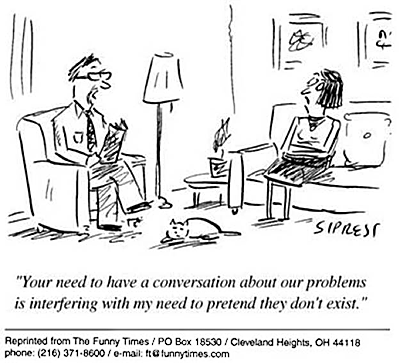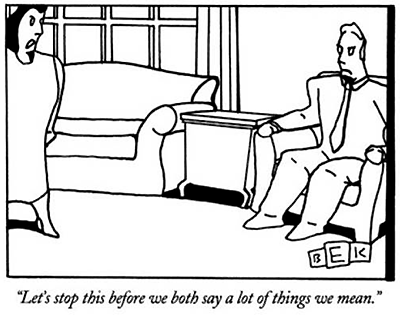IFPS is a strengths-based program that focuses on keeping families together while teaching them problem resolution skills so that they can reduce the conflict in their lives and increase their overall safety.
Safety of all family members is the primary focus of IFPS. In order to help families, IFPS practitioners must also protect their own safety. Since IFPS services are provides in families’ homes and neighborhoods, IFPS practitioners sometimes find themselves in situations where their own safety is at risk.
Here are some situations IFPS practitioners have faced followed by suggestions for ways for staying safe. How do they compare to your own experiences?
- Have you ever had a child stand poised to hit you, spit at you, or bite you?
- Have you ever had to walk through a stairway or stand in an elevator with the décor of urine puddles or broken glass?
- While driving, have you ever had to drive up on the sidewalk to get away from a police chase?
- When walking to the client’s home, have you ever had to run back to your car as you feared a gang was coming after you? (But later you realize that they were just competing with each other to get to you first so as to sell you their drugs.)
- Have you ever encountered a 7-year-old child running outside to catch up to you after your session was over to hand you a drug vial (just to prove that his mother was actively using), leaving you now to drive off with drug paraphernalia in your car?
What can we do to stay safe in these and other risky situations?
 Here are some ideas about ways we, as IFPS practitioners, can keep ourselves safe in the field while providing the most effective services to our IFPS families.
Here are some ideas about ways we, as IFPS practitioners, can keep ourselves safe in the field while providing the most effective services to our IFPS families.
In potentially dangerous neighborhoods:
- Wear appropriate attire. Wear clothes that don’t stand out but still are professional. Avoid wearing provocative clothing.
- Wear covered shoes.
- Avoid wearing jewelry that will bring unnecessary attention to you.
- Carry a minimum of belongings with you.
- Be careful where you park. Generally, park as close to your destination as possible.
Wherever you are:
- Always be alert and on guard.
- If you are entering a building with an elevator, always check the elevator before getting inside. Send the elevator to the basement and wait for it to come back to you.
- If you are assigned to work in a high rise or apartment building, always check your surroundings when you walk through the public areas.
- Never enter a home unless you are invited in.
- When you enter a client’s home, assess the surrounding areas to plan an escape route.
- Keep your cell phone fully charged and close at hand.
- Program emergency contact numbers into your cell phone.
- Keep your gas tank full.
- Check your car prior to getting into it.
- Carry a spare car key and keep it close to you.
- Avoid parking in front of your clients’ home.
- Carry a small flash light.
- Always have your agency’s identification with you.
When people are angry:
- Use active listening and other diffusion techniques.
- Stay calm.
- Maintain a respectful and empathetic demeanor.
- Set limits and clearly state expectations with clients.
- Remember to always trust your gut feelings.
- Do not forget to reach out to your supervisor for help.
There are a host of other safety ideas that will not be enumerated at this time. Why? Because we would like to hear from you! So please share with us your experiences and your safety tips so that we all can benefit from keeping ourselves safe in the field.
_______________
Posted by Moneefah Jackson


